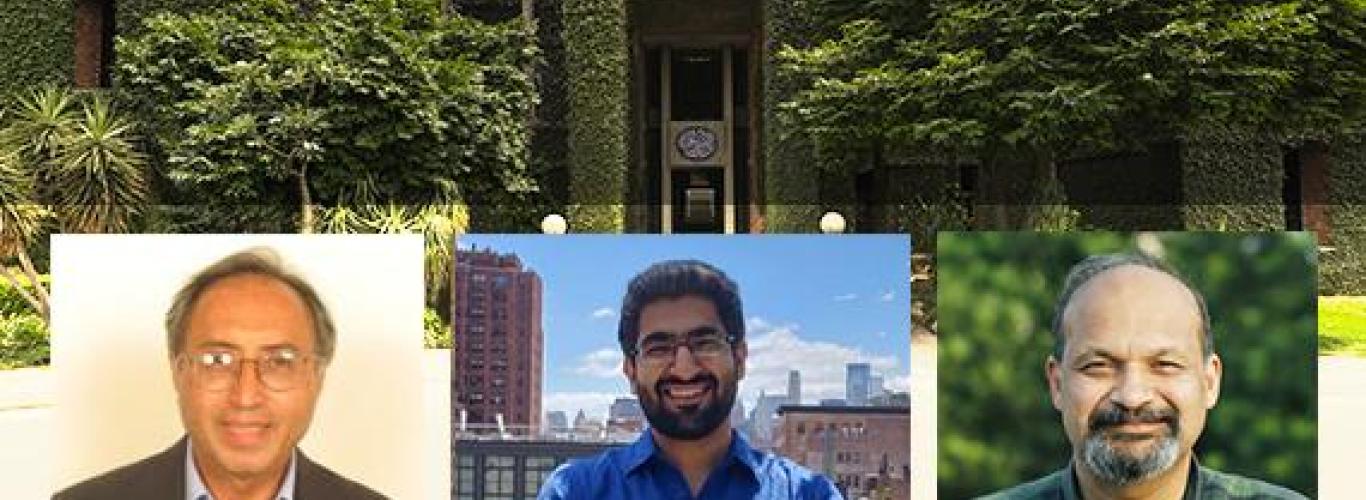MGSHSS Faculty Write Op-eds on the Socio-Political Impact of the Coronavirus in Pakistan
Expert faculty at the Mushtaq Gurmani School of Humanities and Social Sciences have closely observed the spread of the Coronavirus in Pakistan. Drawing from their expertise and observations they have published articles about the socio-political impact of the pandemic in both local and international newspapers.
Dr. Rasul Bakhsh Rais - Professor
‘In Pakistan, Cycles of Wheat and Sugar Scandals Rob The Poor’ in Arab News (April 13, 2020)
For decades, the sugar producers and wheat traders have often created artificial shortages by controlling supplies in the market that caused a sharp rise in prices. The windfall profits further enriched sugar and flour-mill owners, the hoarders and wholesale dealers working as partners. The upper and middle classes are not much affected by prices of any such commodities but it is the vast majority of the poor trying to make ends meet that have to see their economic situation worsen further.
Dr. Umair Javed – Assistant Professor
‘Welfare Considerations’ in Dawn (April 6, 2020)
Nearly a month into the pandemic, there is little indication that the worst is behind us. Ominously, a host of projections suggest an exponential rise in cases to continue till at least the middle of April. We find ourselves in uncertain and unprecedented times, and all front-line medical professionals, administrators and volunteers deserve our gratitude for steering us through them.
‘Two Glaring Deficits’ in Dawn (March 23, 2020)
As the experience of a number of states across the world demonstrates, dealing with a new pandemic is just shy of an impossible task. It becomes even more so for governments in resource-poor developing countries that are burdened by the legacy of inefficient bureaucracies and weak administrators. This reality should preface and contextualise all conversations on the response to the crisis shown by Pakistan’s federal and provincial governments. They’ve been dealt a bad hand, and, for the sake of sanity, one would prefer to assume they’re doing all they can, given significant capacity limitations.
Dr. Faisal Bari - Associate Professor
‘Online Learning’ in Dawn (April 3, 2020)
Universities, which were in the middle of the spring semester when the orders for closure were announced, have been told to remain shut until May 31. It has raised significant questions for universities to consider.
‘Education: Looking forward’ in Dawn (March 20, 2020)
All educational institutions, across the country, are currently closed. This is as it should be. The same is true of most schools in most countries across the world. We cannot open schools as long as we do not have control over the spread of the coronavirus. We cannot take the risk of infecting a large number of people. Even if children do not get very sick if they get the virus, they become carriers. This is a risk we should not take.























